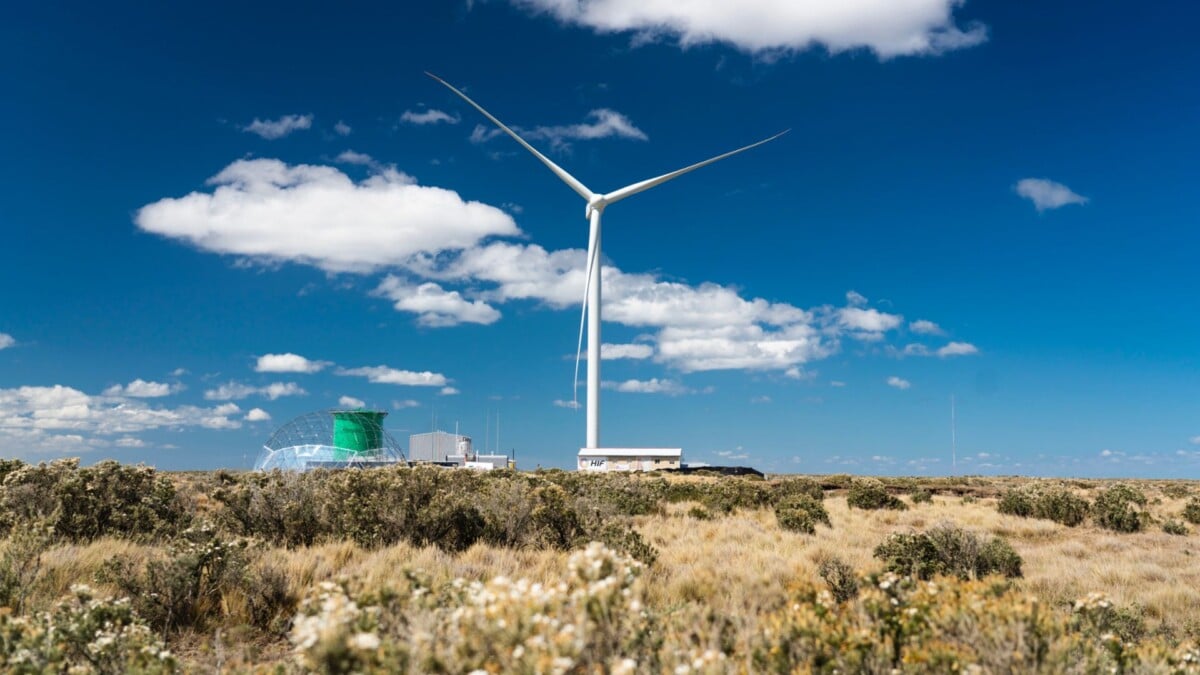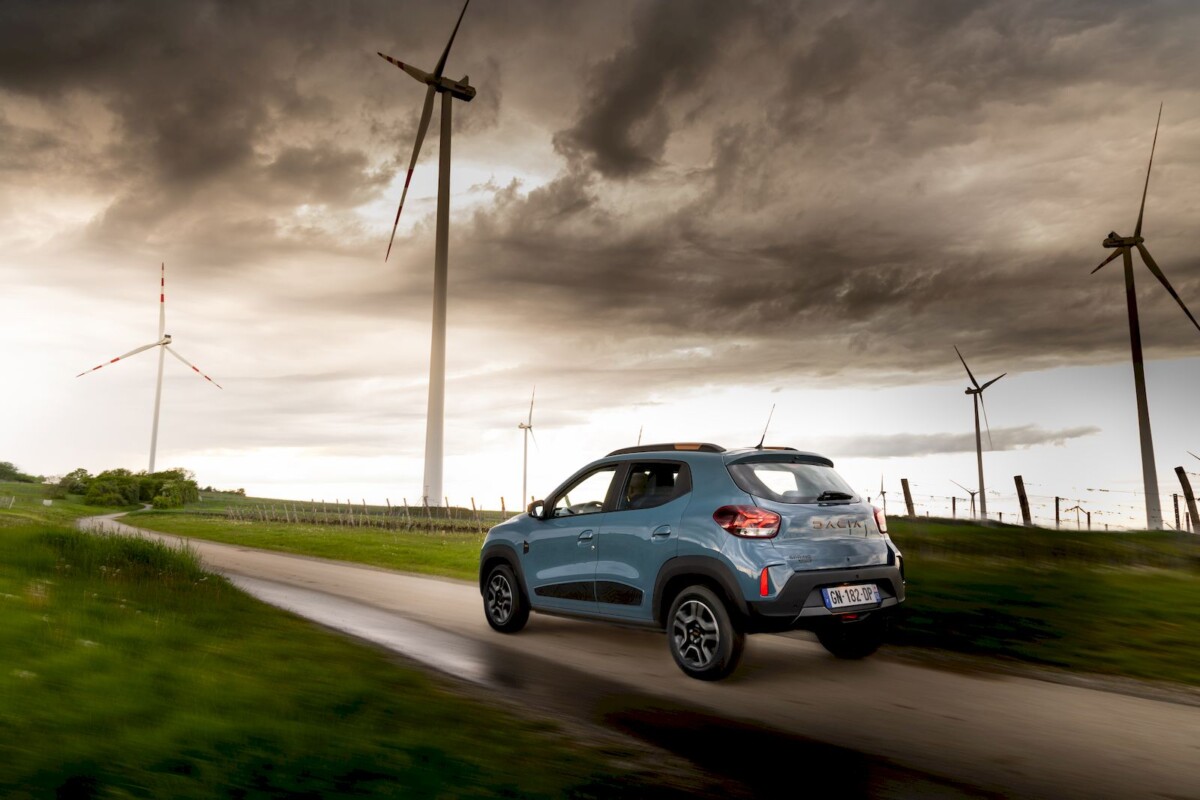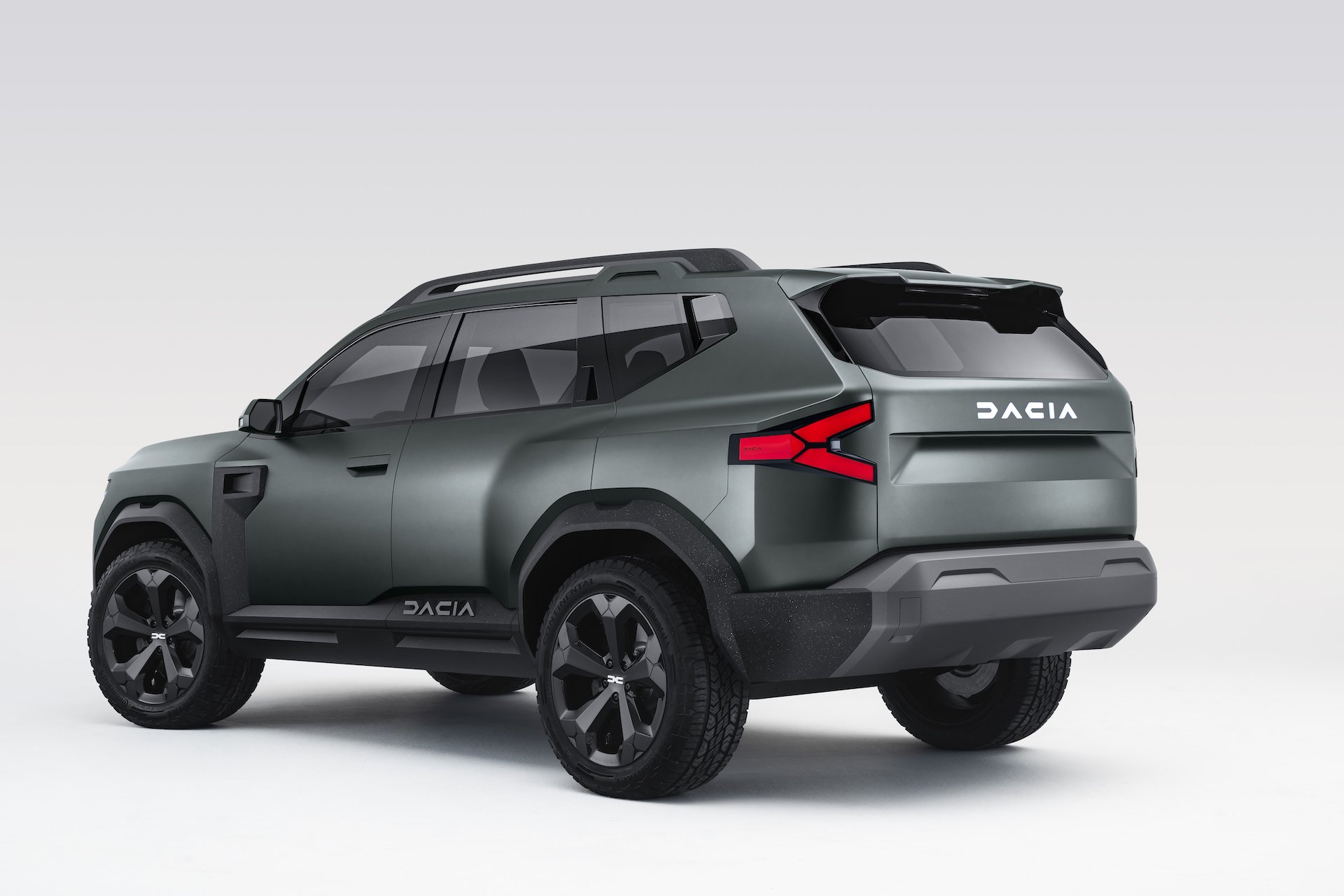Dacia would consider using synthetic fuels (e-fuel) in order to continue selling thermal cars after the 2035 deadline. A surprising choice when this alternative is very expensive for customers and more polluting compared to the electric car .
From January 1, 2035, no more thermal cars will have to leave production lines or dealerships in Europe. This rule is the European Union which ratified it a few weeks earlier, despite the mistrust of certain countries such as Germany.
An amazing alternative
While most manufacturers have planned to comply with this measure, some chose to try to find alternative solutions. This is particularly the case with Porsche, which has been working for several years on the development of its synthetic fuel, which we had the chance to test in real conditions. But the German firm is not the only one in this case.
Indeed, another more unexpected brand would also be interested in e-fuel. It is Dacia, as confirmed by the technical director of the Renault group Gilles Le Borgne to the journalists of the site Automotive News Europe. The latter confirms that the company is currently working with the oil company Aramco, in order to develop a synthetic fuel for its brands. Several tests have already been carried out in pilot plants.

And these seem to have been conclusive, since the spokesperson confirms that this alternative has real advantages. He also claims that it could be a solution for Dacia over the next few years. The low-cost manufacturer will also have to move towards cleaner energies. But it does not mention the transition to a 100% electric range, unlike Renault.
However, Dacia does have a zero-emission car (exhaust), which is none other than the Spring, which has always been a hit since its launch. But it will take many years before the arrival of future electric models since it is a question of 2028 for the electric Sandero and 2033 for the electric Duster. Synthetic fuel would therefore be the only solution for the brand to continue in the coming years.
A good idea ?
To tell the truth, Dacia’s desire to turn to e-fuel is not really surprising. Indeed, and as recalled Clean AutomotiveLuca de Meo had already done everything to push back thermal ban in Europe from 2035 to 2040. And this in order to leave some time for Dacia, which will have to offer affordable electric cars otherwise it would risk losing its customers. However, and even if the prices should fall during the decade, these models are still expensive.
But is the choice of e-fuel really relevant? Because we know that this fuel is very expensive for motorists. According to a study by the NGO Transport & Environment, a full tank of synthetic fuel would be twice as expensive as conventional gasoline. This has dissuaded several manufacturers from switching to it, including Iveco. His boss also describes this alternative as “champagne”.

However, prices could fall drastically according to the forecasts of the company HIF Global, which could offer a liter at 2 euros against 50 currently. In addition, synthetic fuels are far from being irreproachable from an environmental point of view, since they require a lot of energy. No wonder many manufacturers like Volkswagen and Mercedes don’t believe it.
For his part, Gilles Le Borgne would also like Brussels to review its copy in terms of analysis of the carbon footprint. The ideal would be that the whole life cycle of the car is taken into account, while we know that the production of an electric model is far from clean. Because of the battery, but also because of its bodywork, which is very polluting.
Want to join a community of enthusiasts? Our Discord welcomes you, it’s a place of mutual aid and passion around tech.
